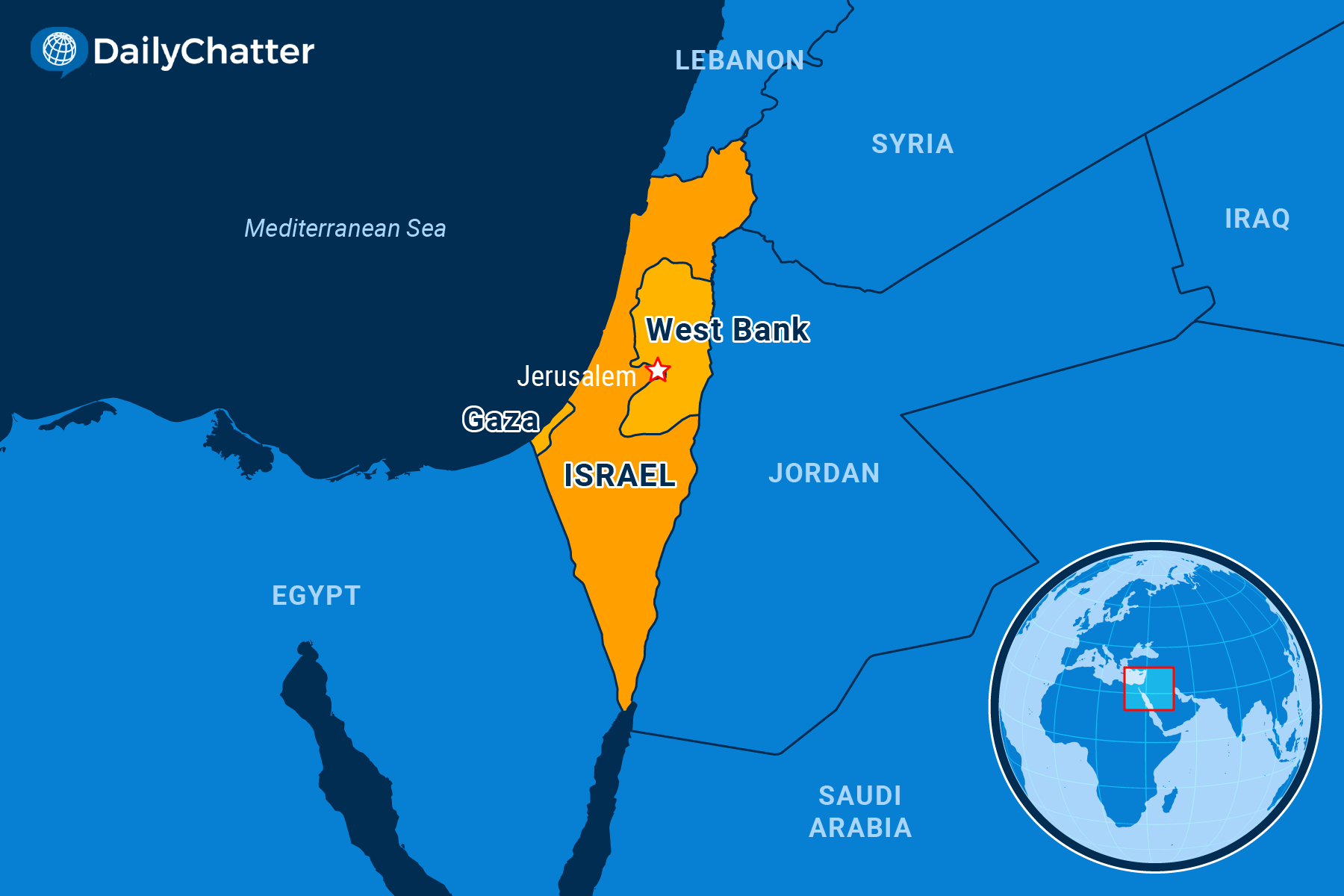Drawing in Pencil

Rebuilding Gaza after Israel’s devastating military operations in the Palestinian territory since Oct. 7 could cost $50 billion.
“We have not seen anything like this since 1945,” said United Nations development program director Abdallah Al Dardari, according to Al Jazeera. “That intensity, in such a short time and the massive scale of destruction. All investments in human development … for the last 40 years in Gaza have been wiped out. We are almost back in the eighties.”
Around 70 percent of Gaza’s housing is gone. Almost 40 million tons of debris litter the enclave. The destruction will impede children’s education, public health gains, and other signs of civilization. The beginning of the recovery process alone is expected to take three years, as displaced folks settle down in temporary housing before reconstruction that could last for decades. Many, furthermore, will never fully overcome the trauma stemming from the attack on Oct. 7 and Israel’s response, added UN officials.
The Palestinian economy, which includes the West Bank and Gaza, has contracted by almost 27 percent since that date, when Hamas, which controls Gaza, and its allies killed 1,200 people, mostly Israeli civilians, and kidnapped 253 others. Gazan officials say that Israeli forces have killed more than 35,000 people, including thousands of children, while Israeli officials say they had killed 14,000 Hamas fighters, reported Agence-France Presse and the Times of Israel.
The question is who will come up with the money to repair these wounds. Presumably, countries in the Persian Gulf, like Saudi Arabia, will help: Saudi leaders recently gave $40 million to the UN’s Palestinian refugee agency to help Gazans, for example, noted Reuters. The aid helped stave off famine in the territory.
Meanwhile, elites throughout the Middle East, Europe, and the United States are discussing how to reverse Gaza’s fortunes. They want the territory to become a commercial hub of tourism and trade on the Mediterranean Sea, wrote the New York Times. Plans for a port, desalination plant, new healthcare facilities, and a transportation corridor between Gaza and the West Bank are among their ideas.
That would follow Palestinian statehood, these elites say. On Friday, the 193-member UN General Assembly voted 143 to 9, with 25 abstentions, to grant new “rights and privileges” to Palestine and called on the Security Council to reconsider its request to become the 194th member of the UN.
Between these elites and their dreams stands Israeli Prime Minister Benjamin Netanyahu, however, who has been criticized at home and abroad for continuing to lack a plan for the “day after.” The prime minister has made it clear that the enclave must be “demilitarized” before reconstruction can commence, reported Axios.
Over the weekend, Israel widened its military operation in Rafah, where more than one million people had sought refuge, in spite of warnings from the US and other allies to refrain from doing so, the Washington Post reported. It also said about 300,000 Palestinians have fled toward Mawasi, a stretch of land near the sea in the southern part of the territory that has been designated a humanitarian zone. Egypt, on Sunday, said its decades-old peace treaty with Israel is at risk because of the operation.
At the same time, instead of creating a plan for Gaza, Netanyahu would also place restrictions on the region. He would create a buffer zone within Gaza to prevent Hamas attacks in the future, control the Egyptian border, “de-radicalize” schools and other institutions, and replace UN agencies that he feels have aided and abetted Hamas.
Netanyahu is unlikely to get his wish list, says former Israeli prime minister, Ehud Olmert, writing in Haaretz.
Instead, as Israel continues to mull a ceasefire deal that Hamas accepted last week, he says that the war is already in effect over – even though Netanyahu is “deliberately and knowingly foiling” any chance of reaching such a truce deal.
But he adds: “Anyone who thinks that it’s possible to return (the hostages) without a clear and total cessation of the war is deluding himself and the Israeli public … Preparations must now be made for withdrawing from the Gaza Strip while handing control over to a multinational force, preferably one composed of soldiers from Arab armies,” he continues, “accompanied by a statement of (Israeli) willingness to embark on negotiations over a peace agreement with the Palestinians.”

Subscribe today and GlobalPost will be in your inbox the next weekday morning
Join us today and pay only $32.95 for an annual subscription, or less than $3 a month for our unique insights into crucial developments on the world stage. It’s by far the best investment you can make to expand your knowledge of the world.
And you get a free two-week trial with no obligation to continue.
